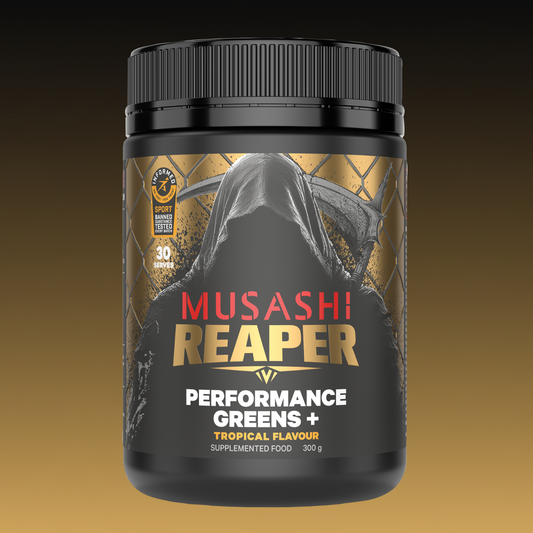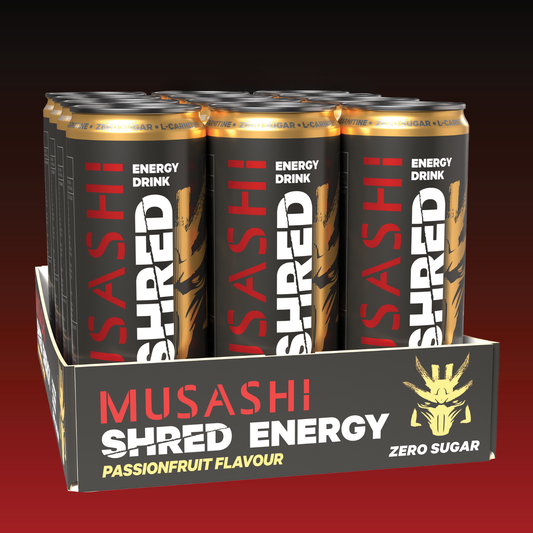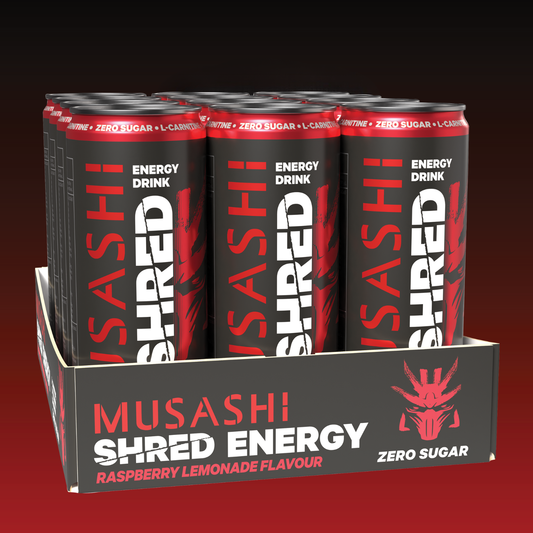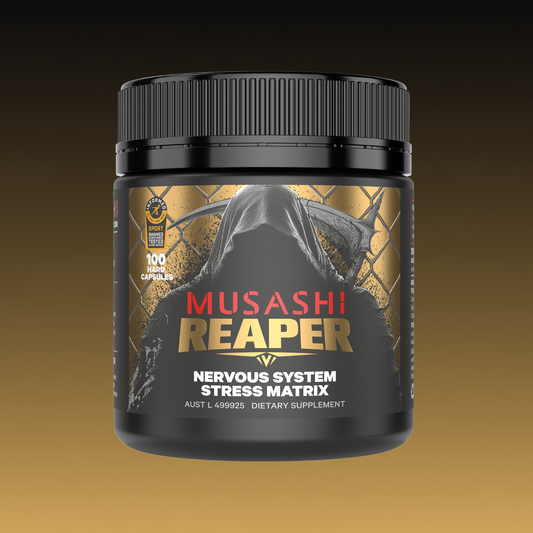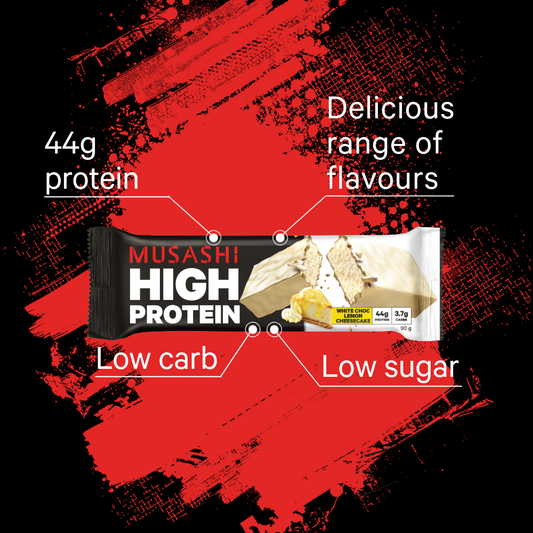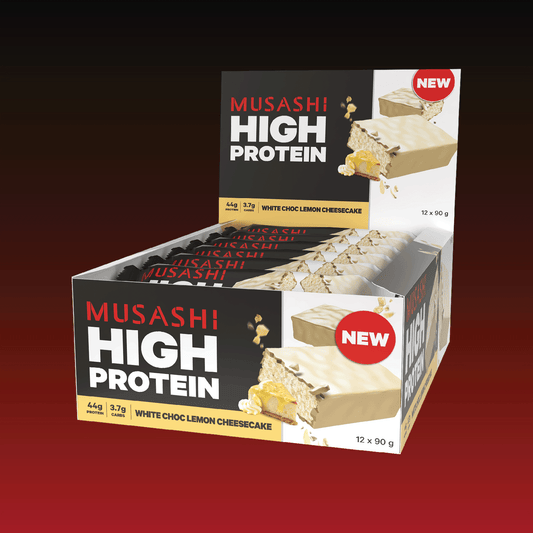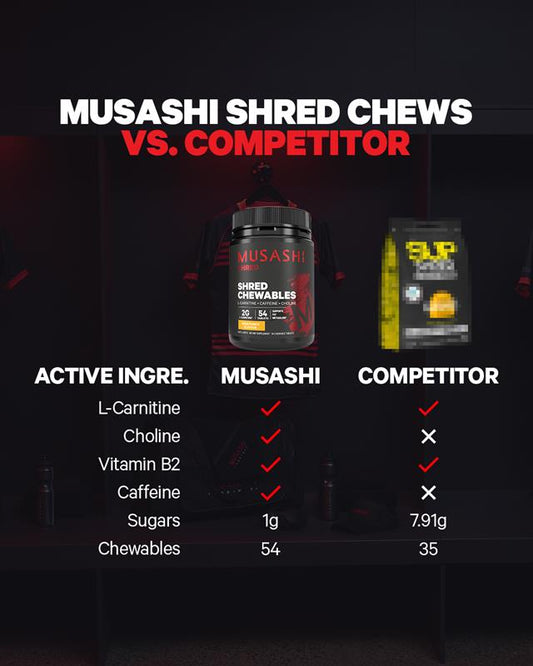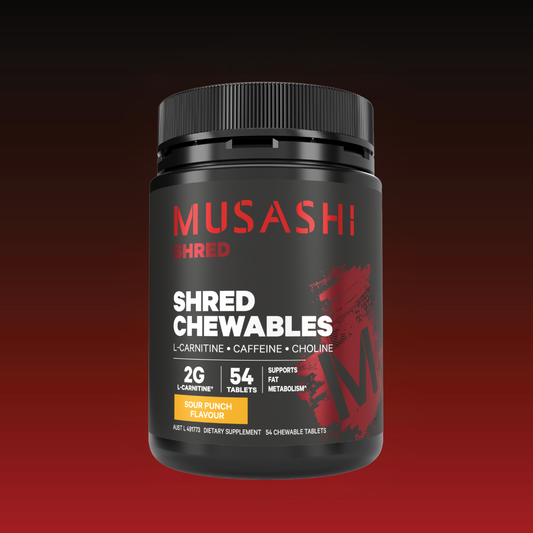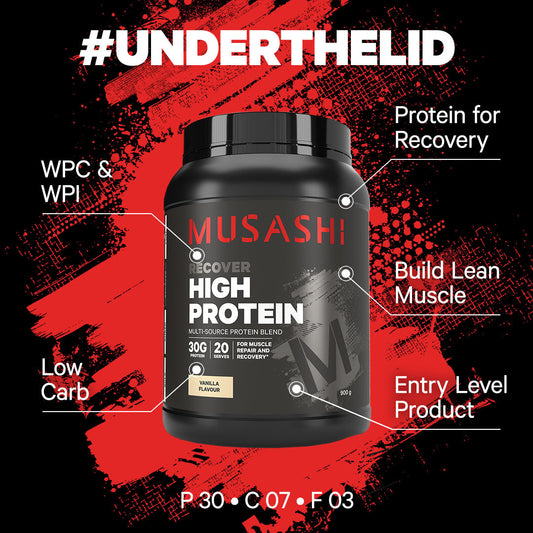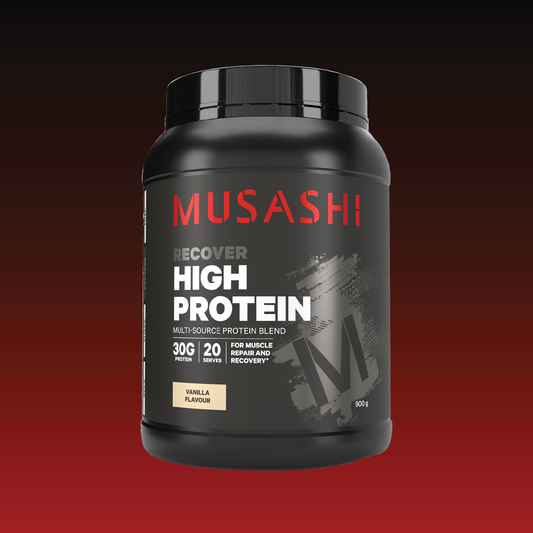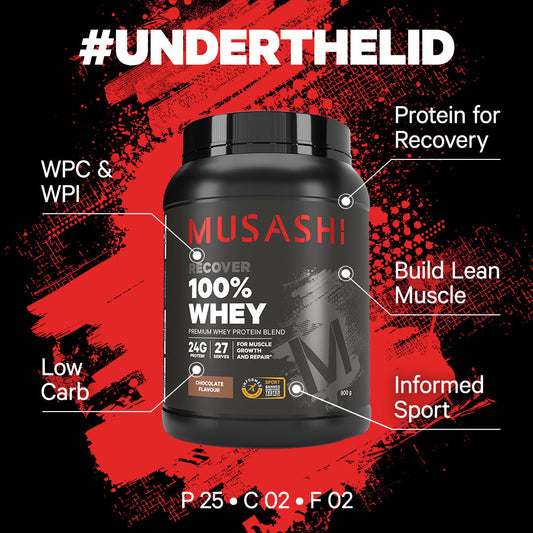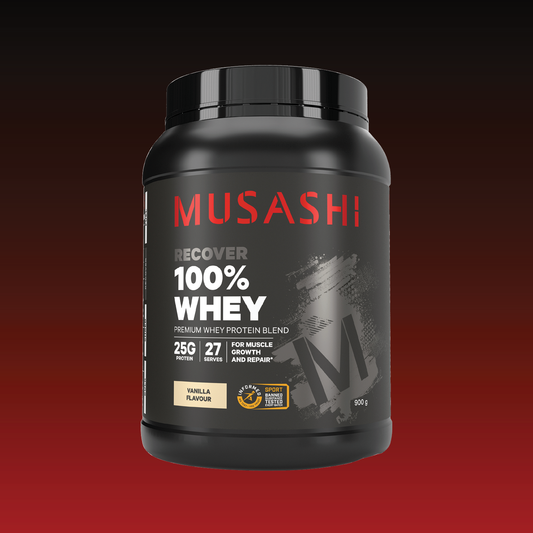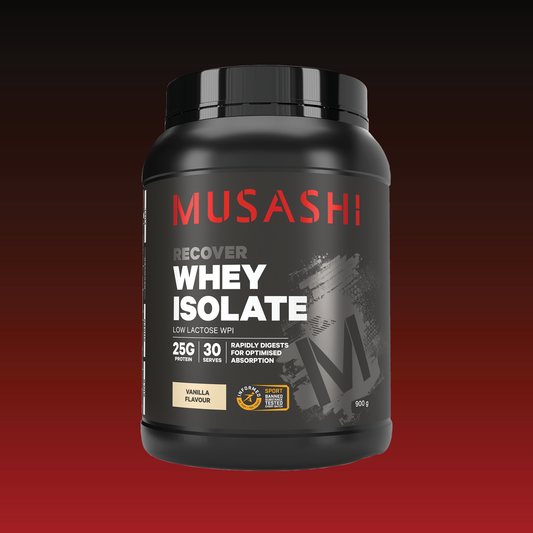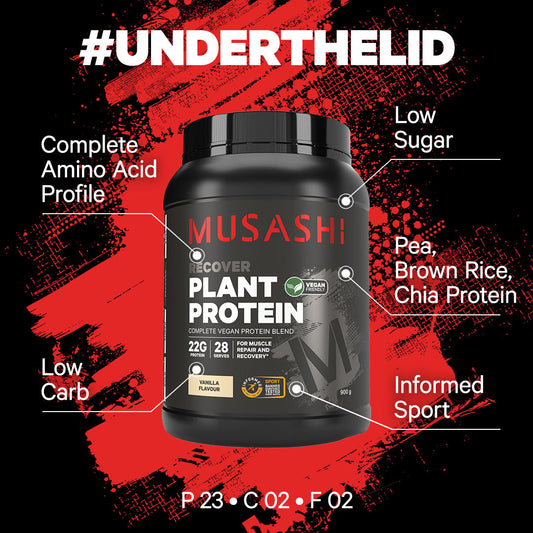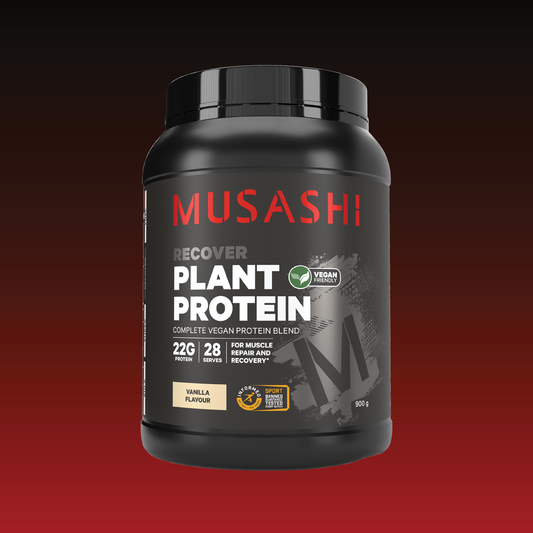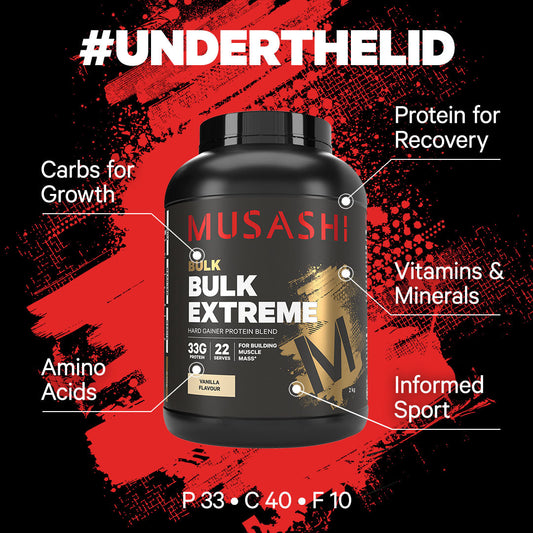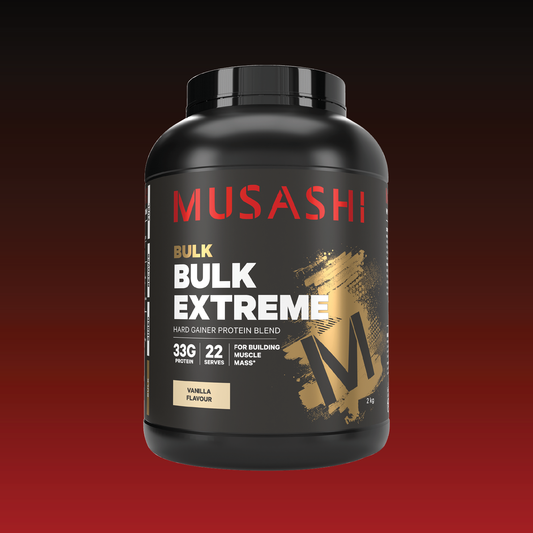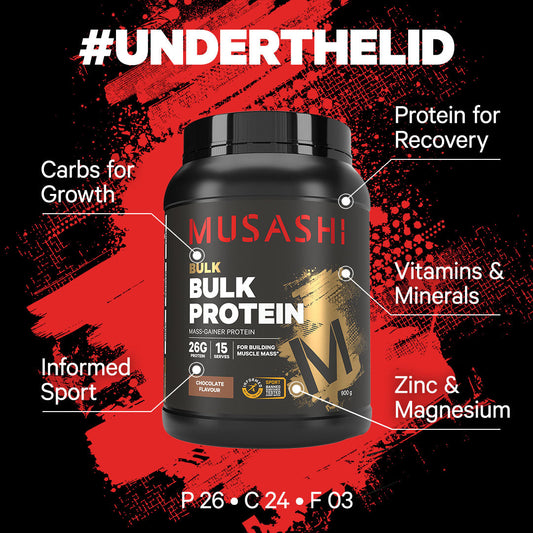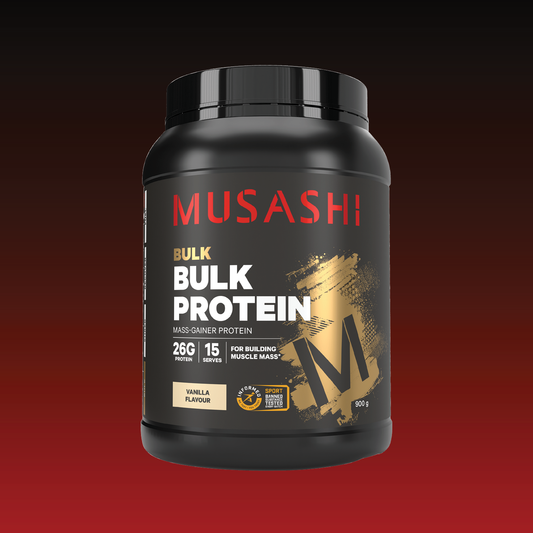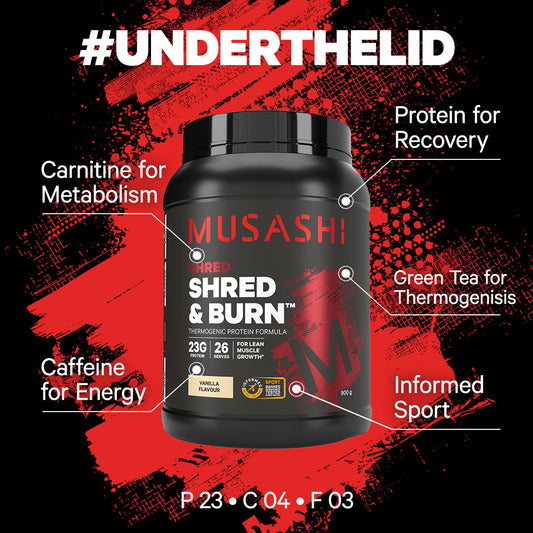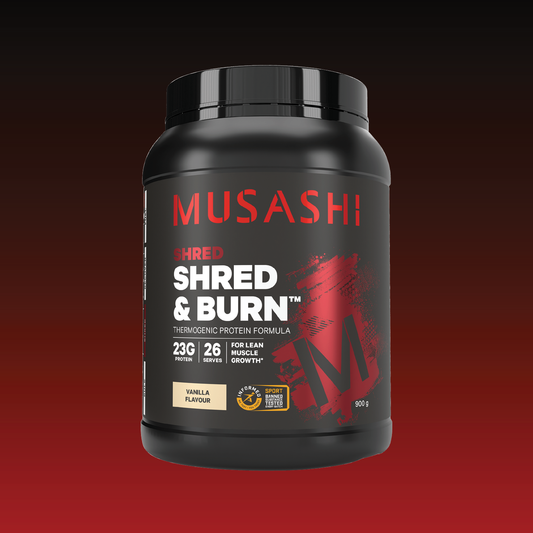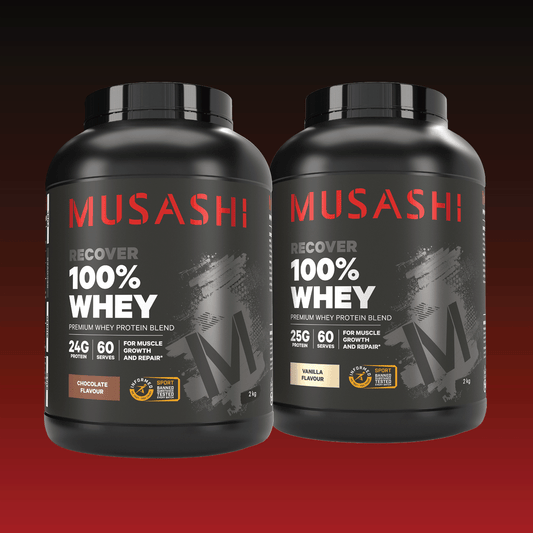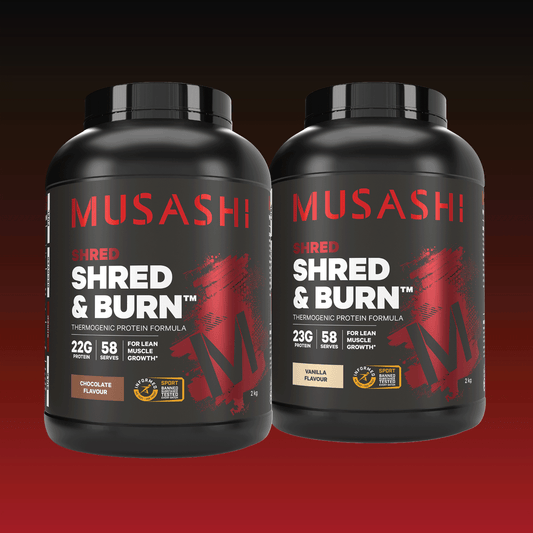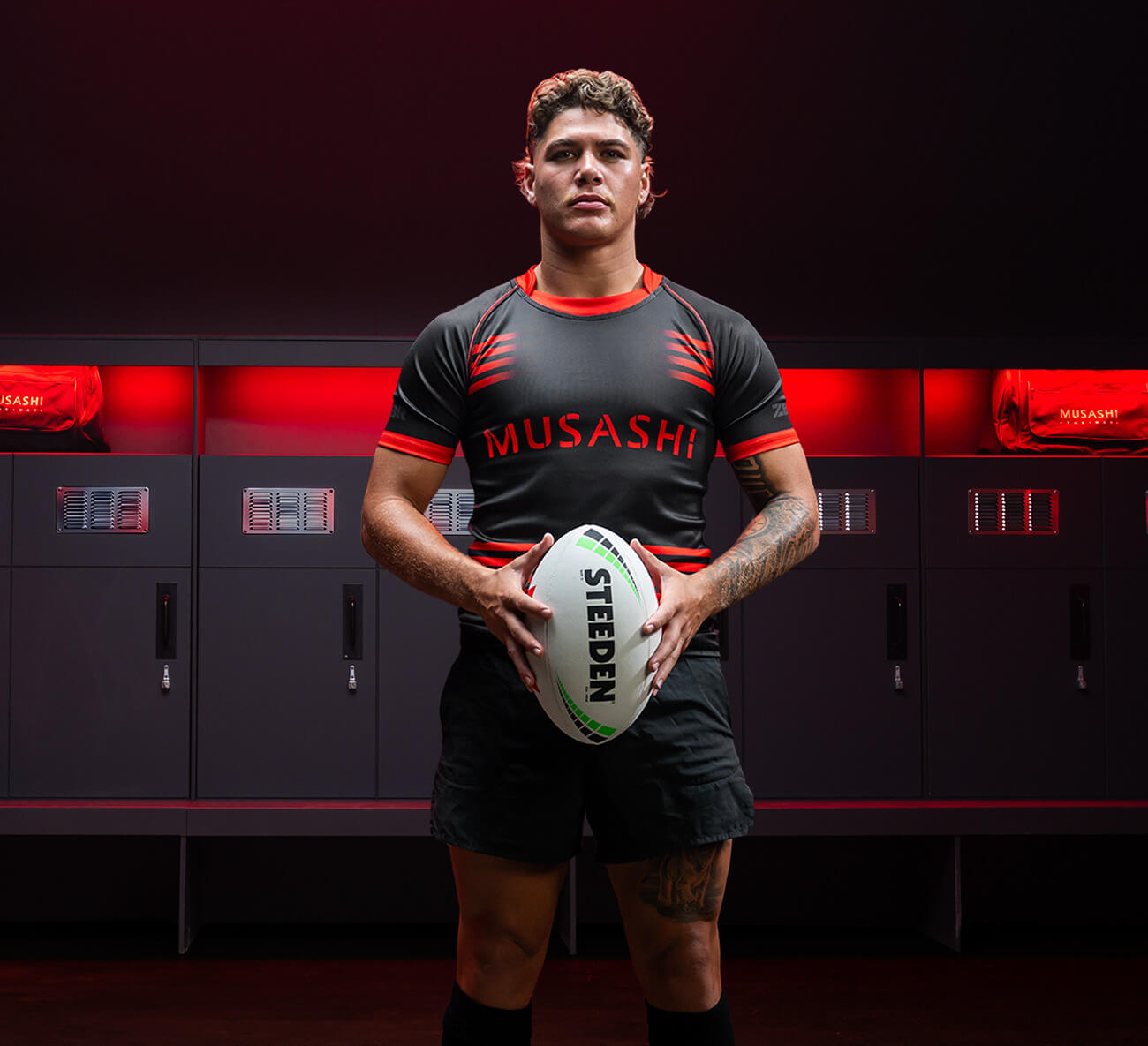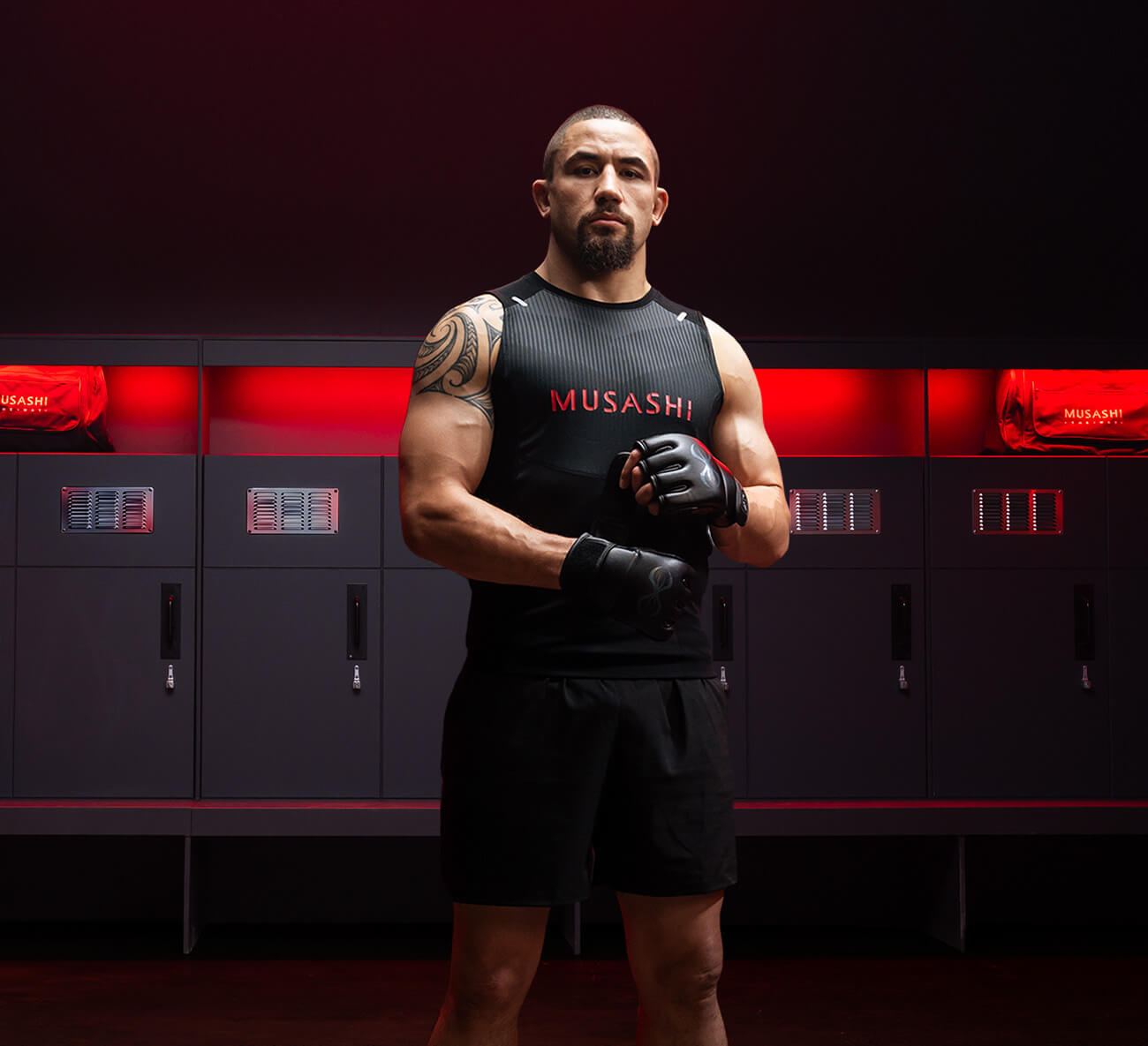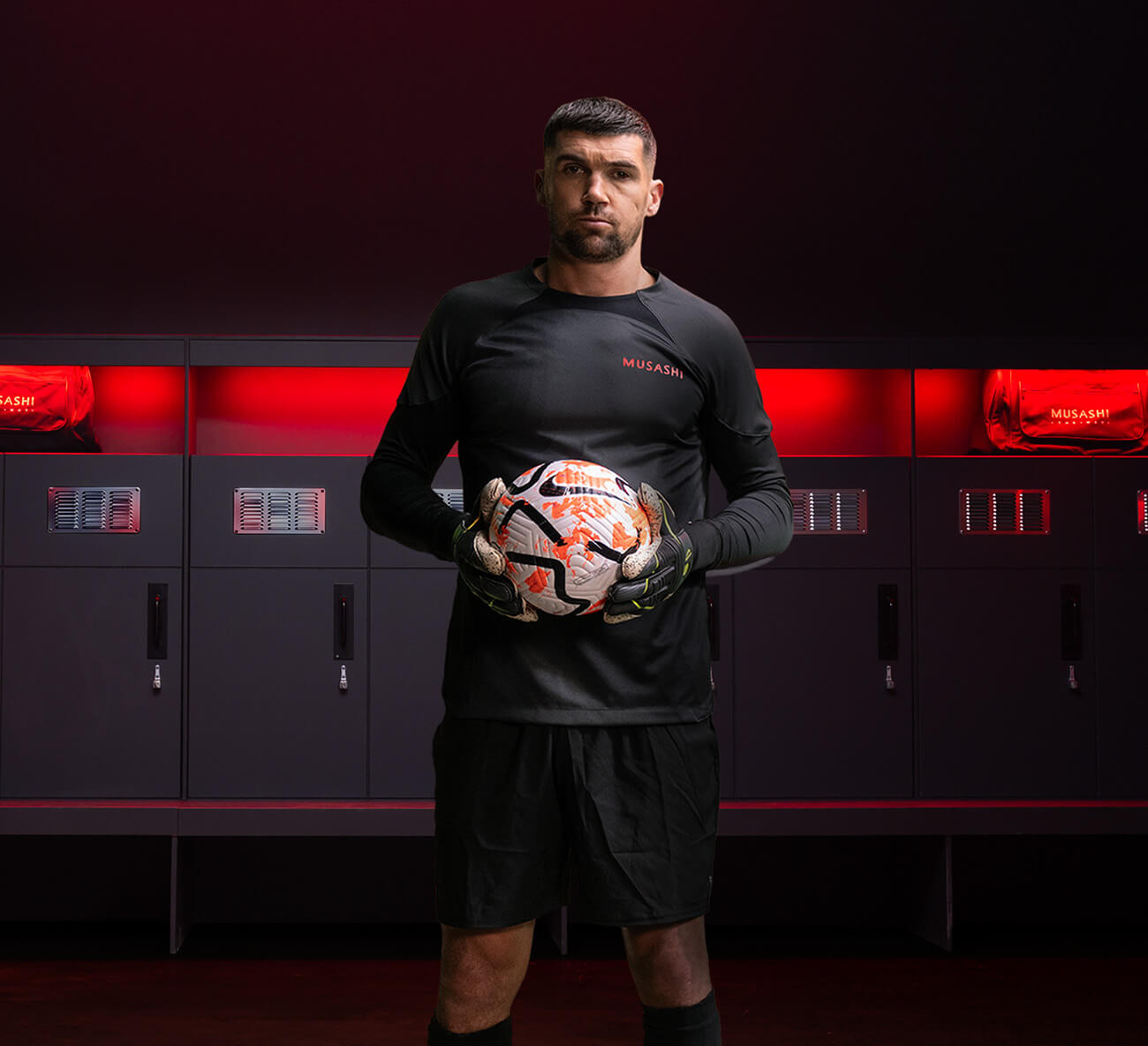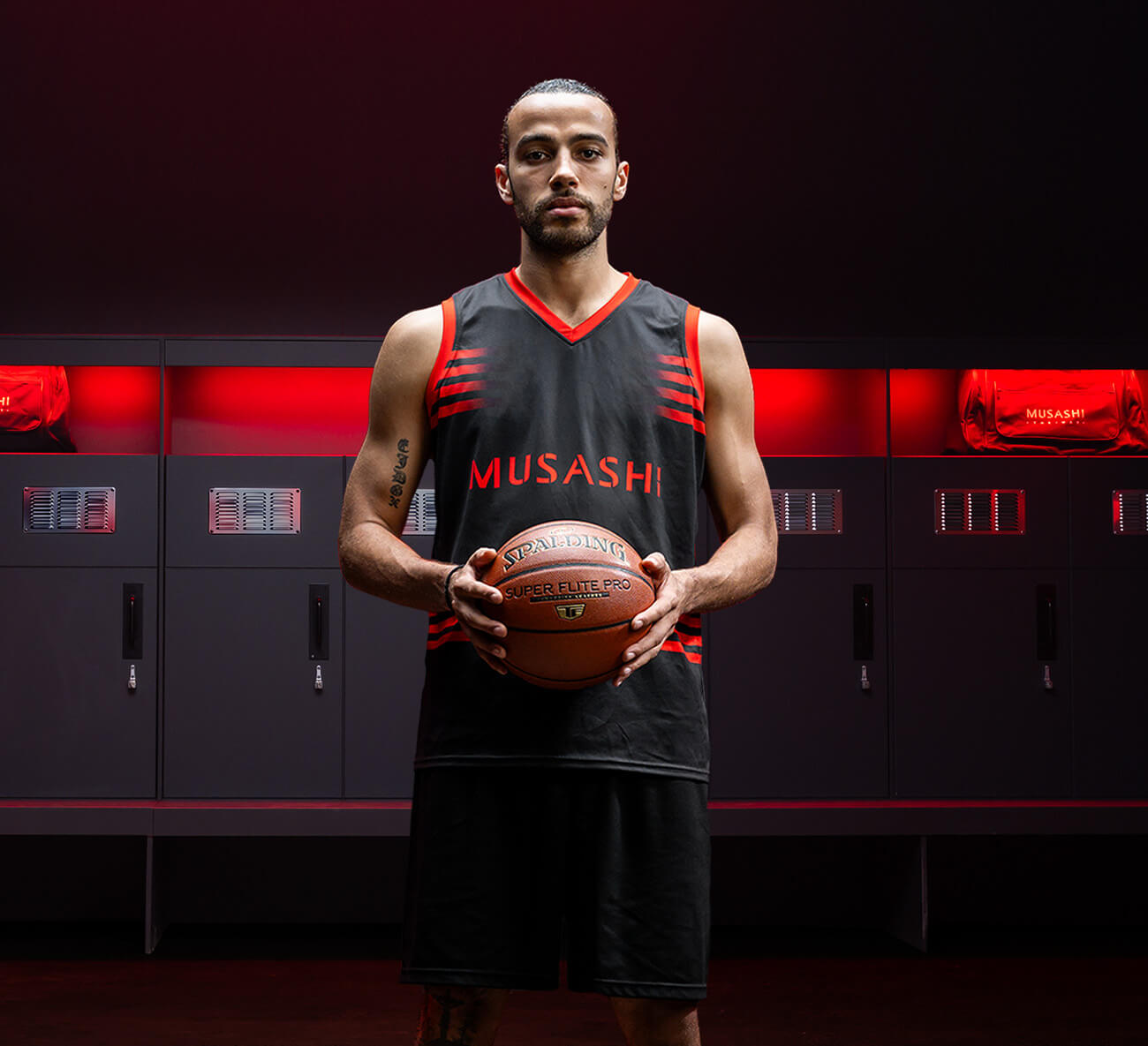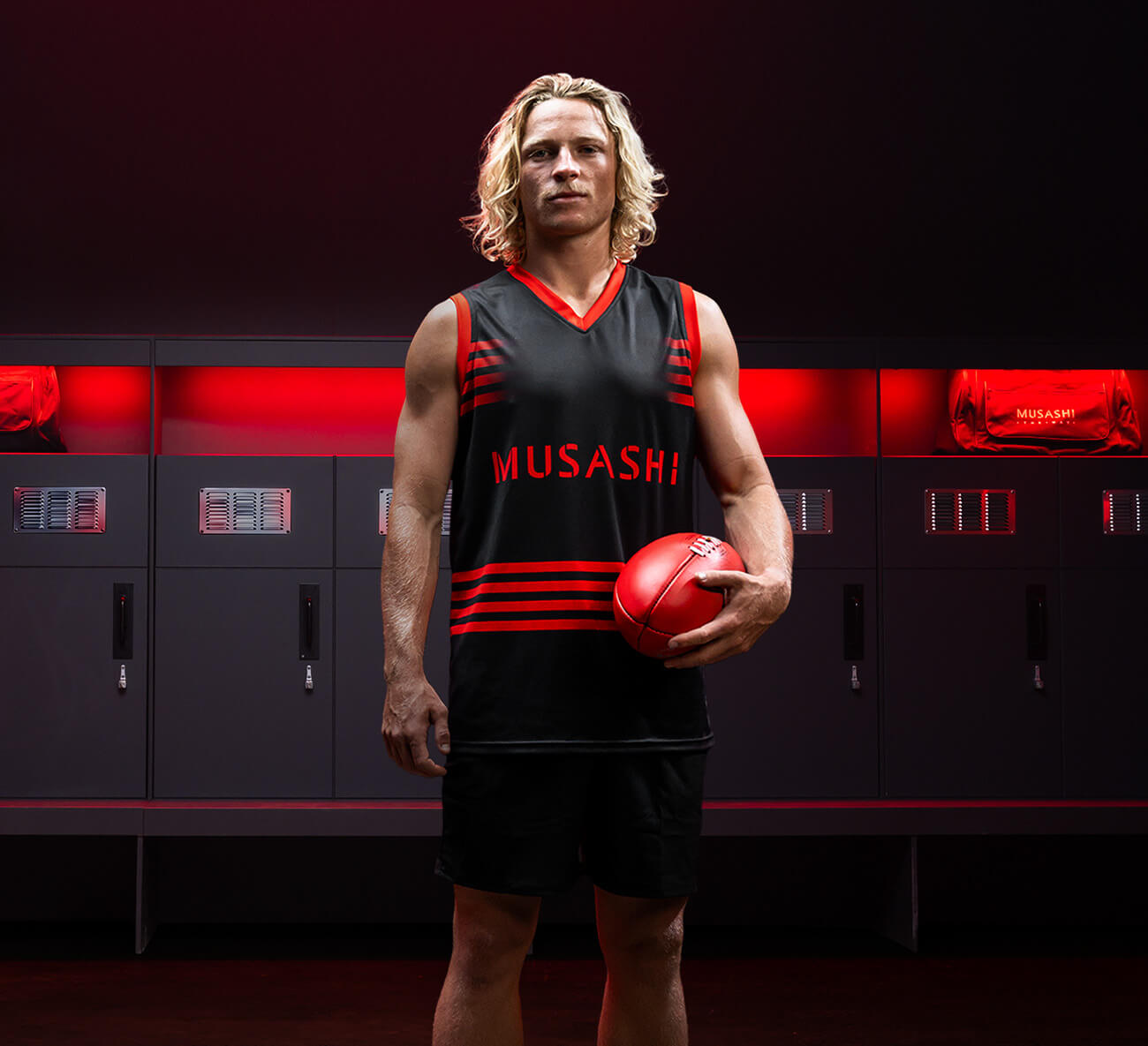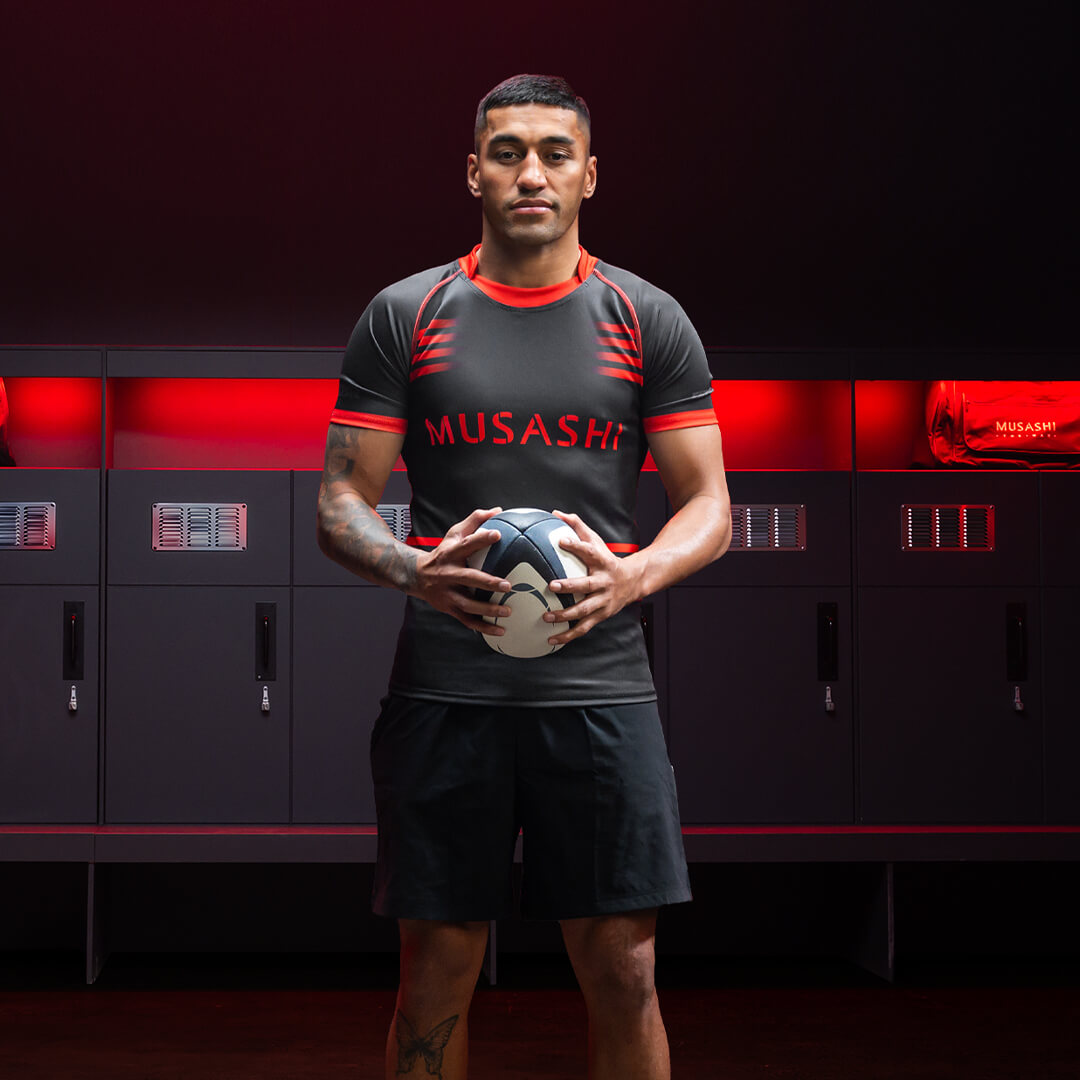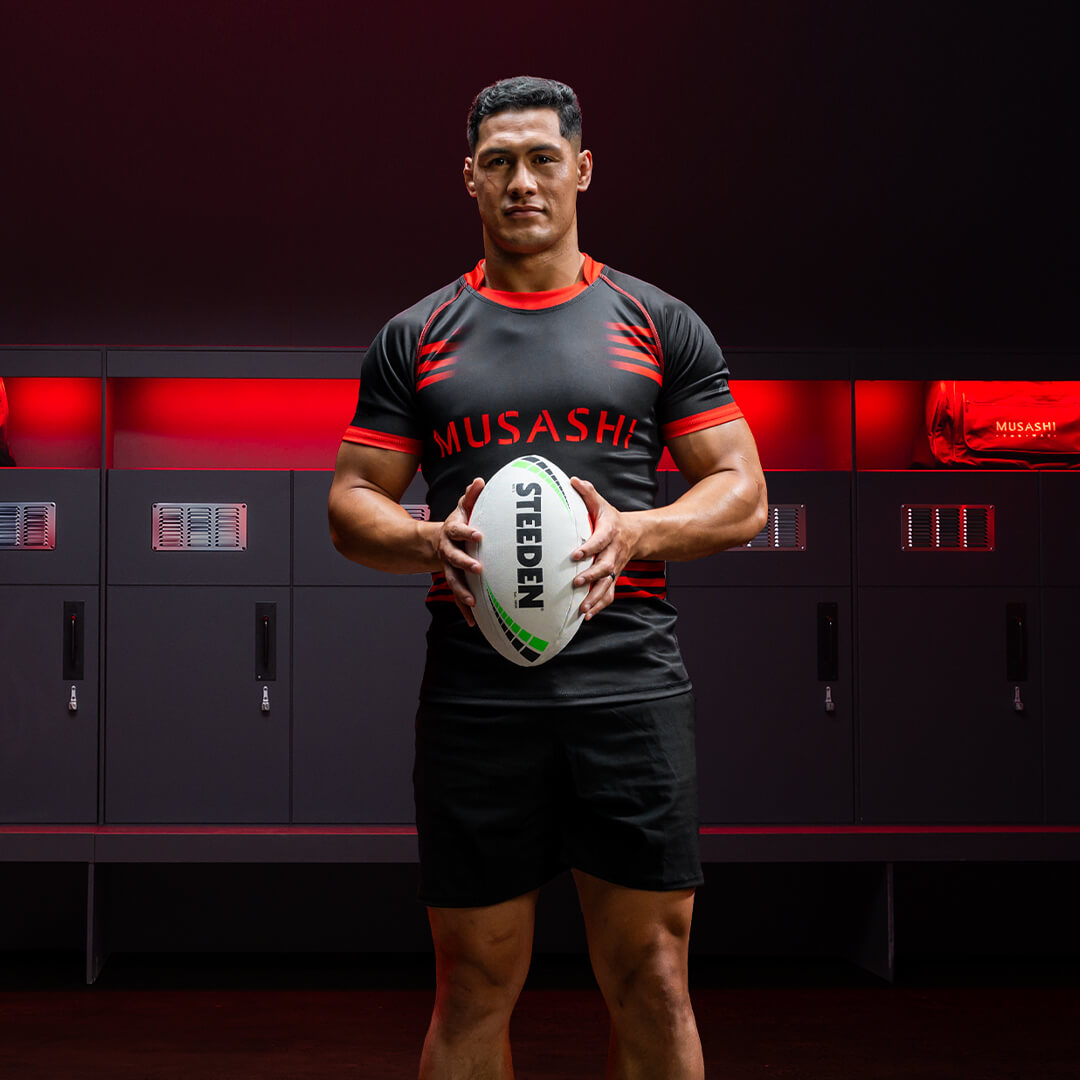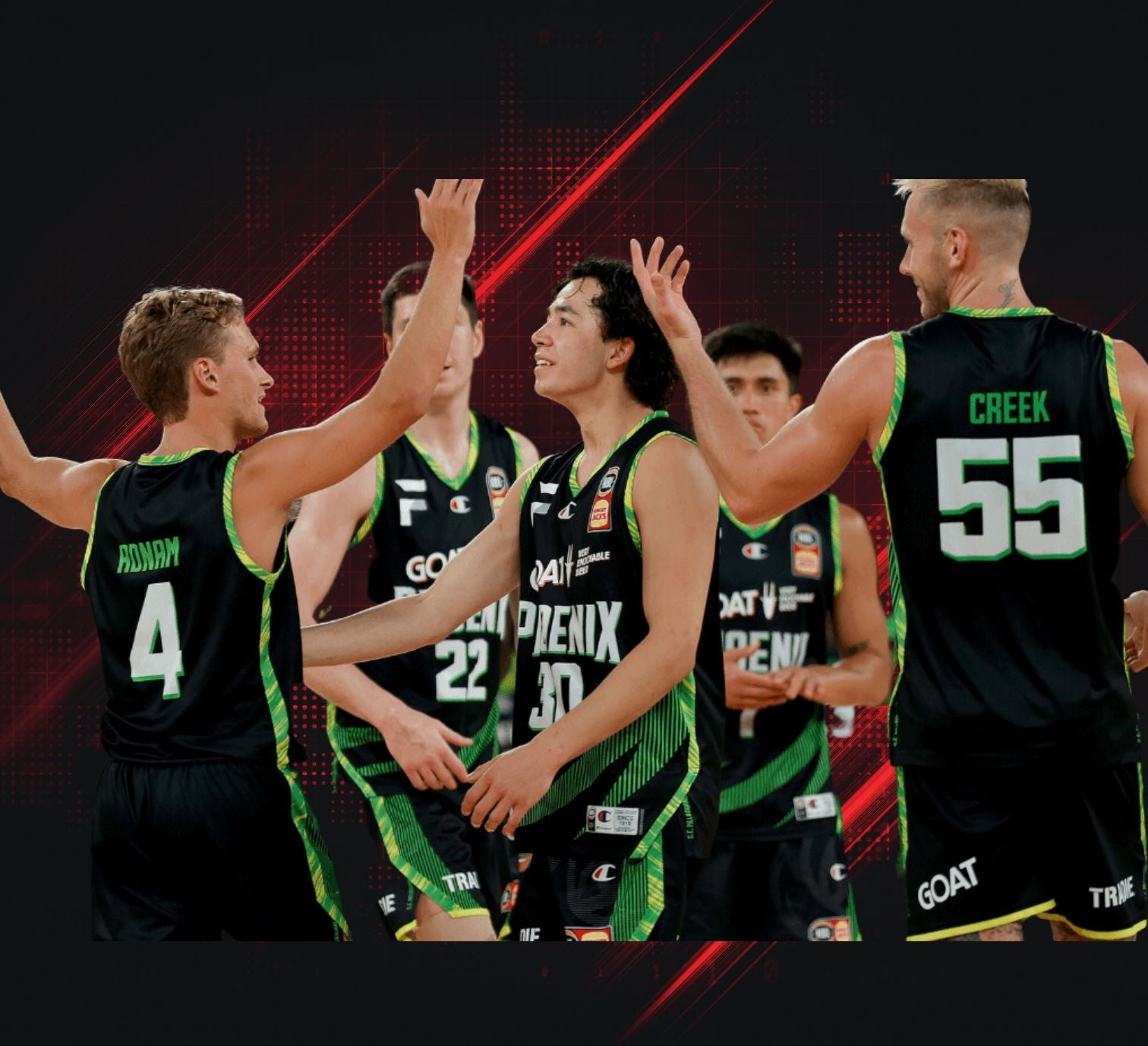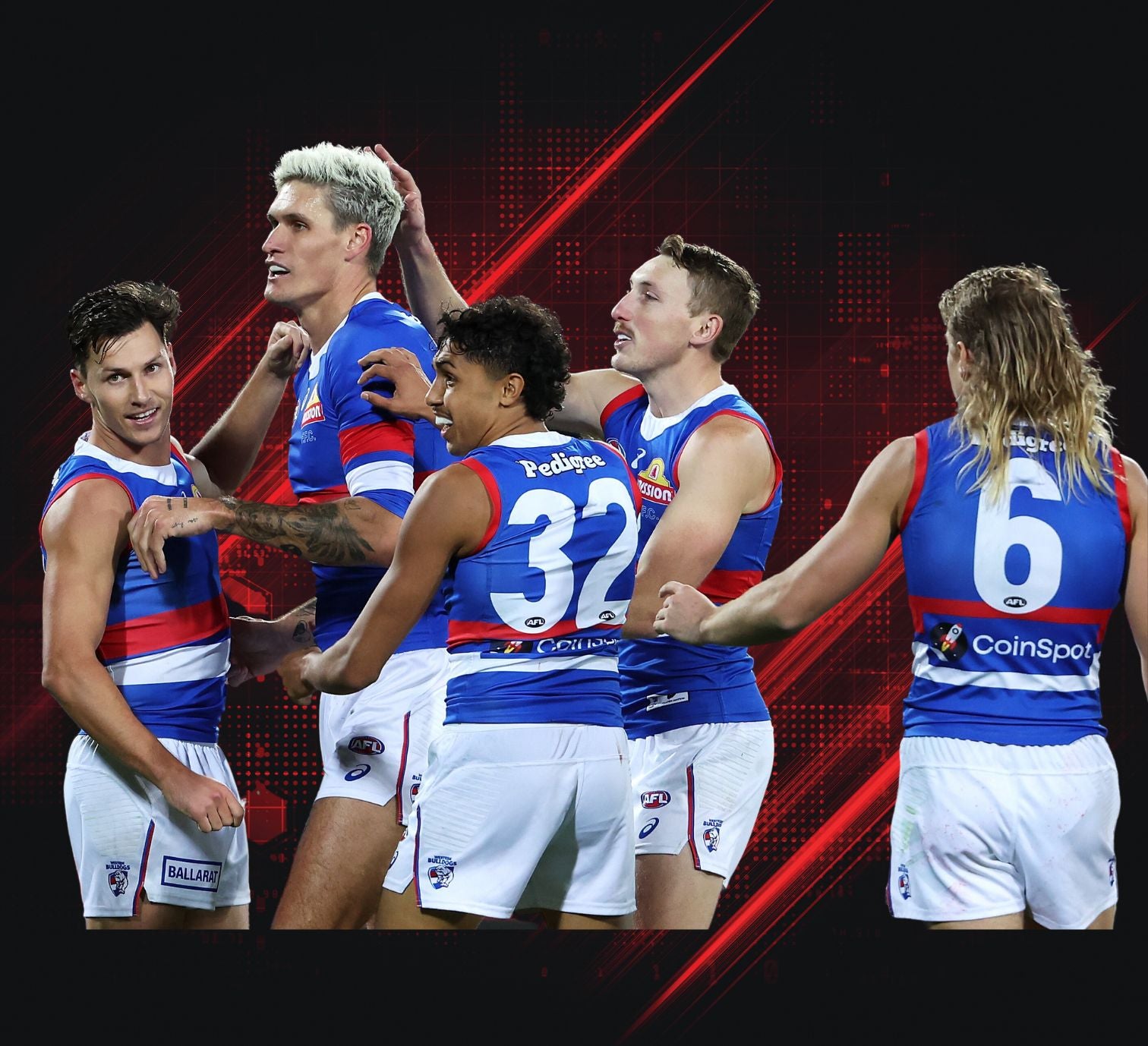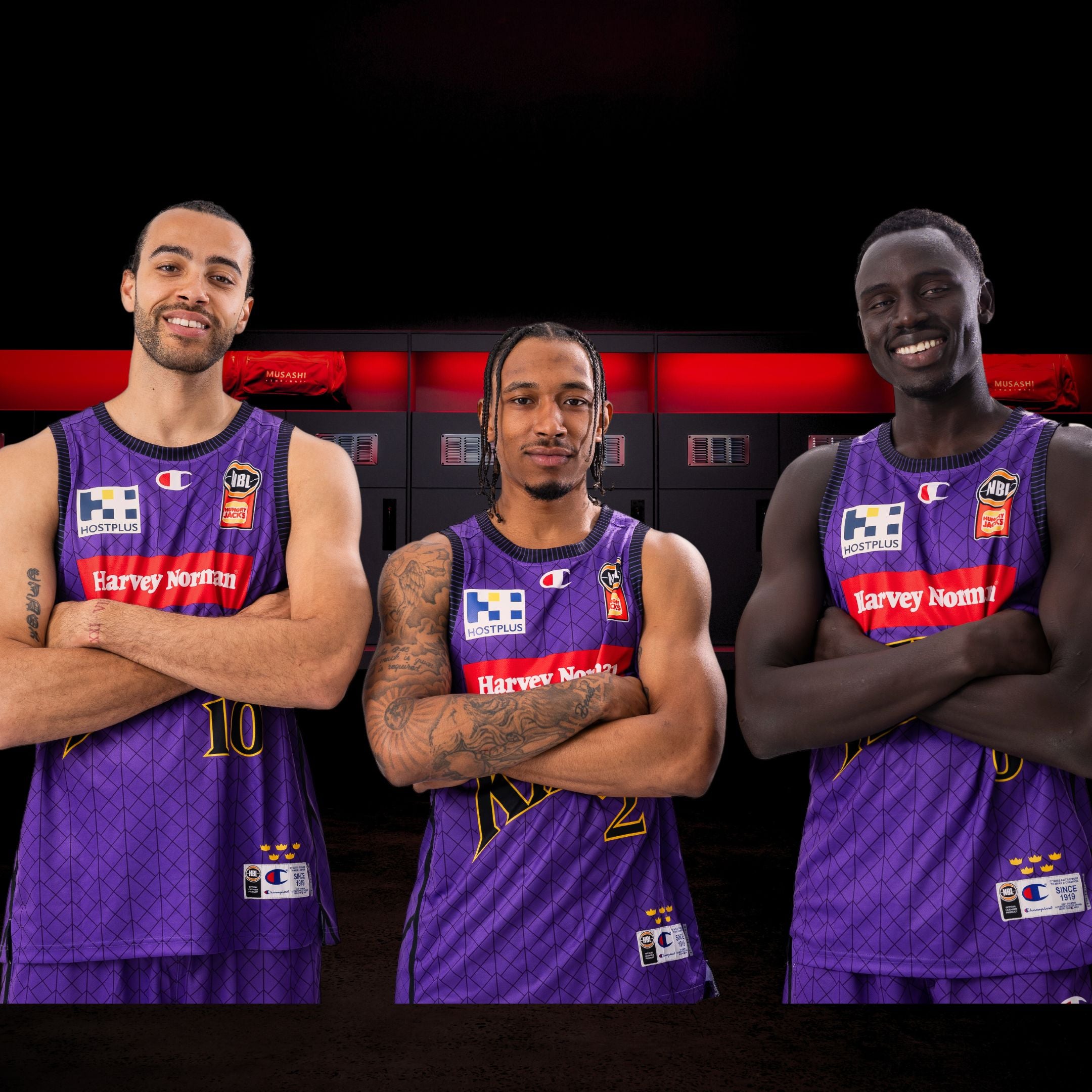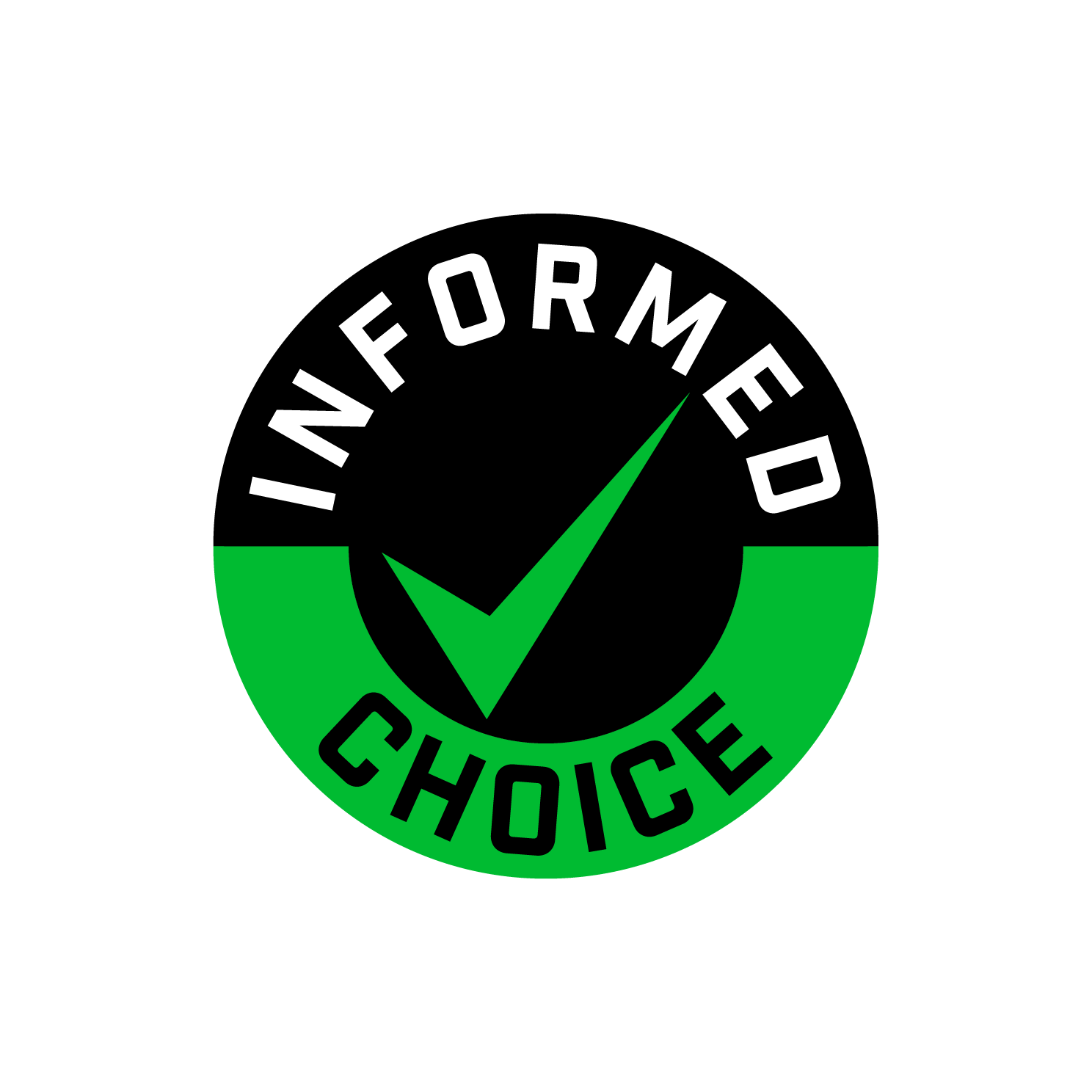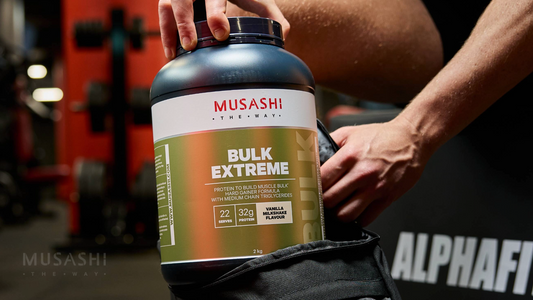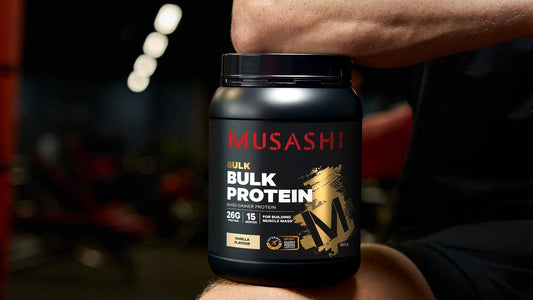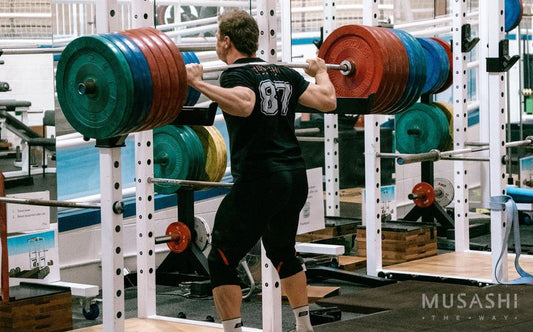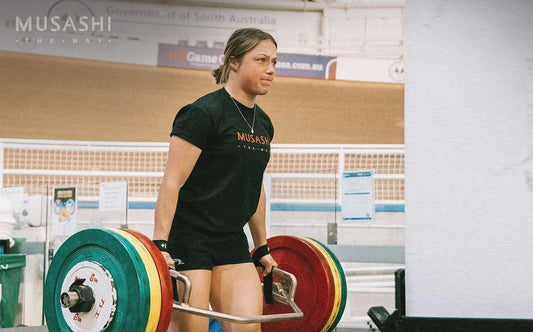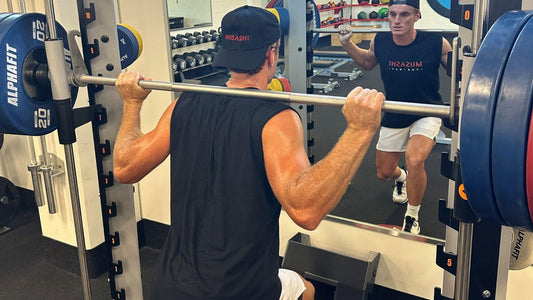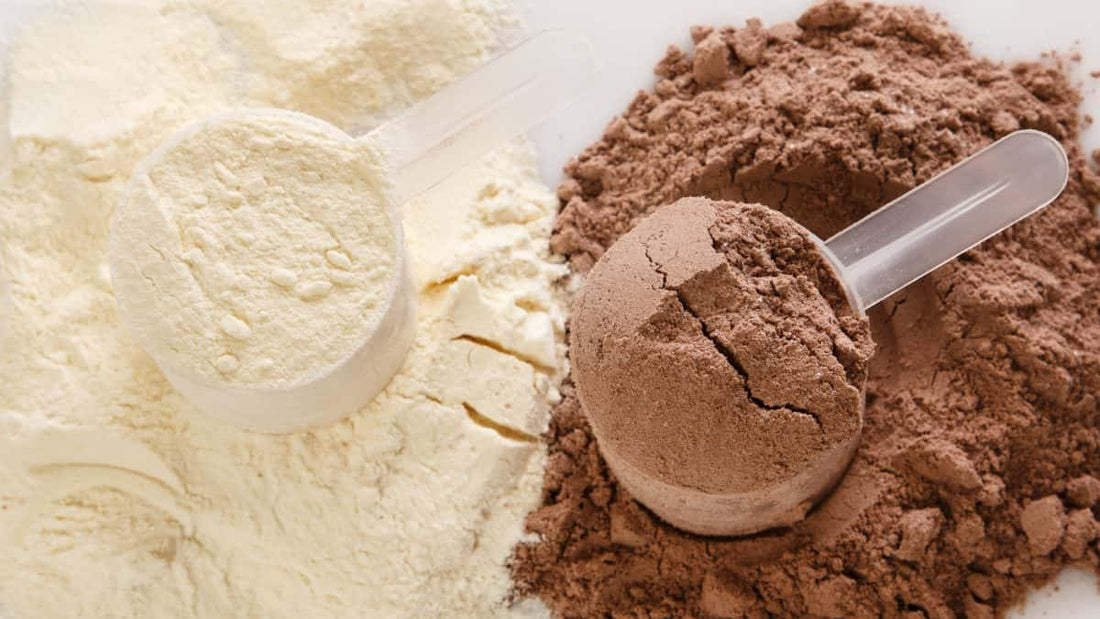
All serious athletes appreciate the importance good nutrition plays in performance and recovery. Proper nutrition is a crucial aspect of any training plan and must be fine-tuned to ensure an individuals' full athlete potential can be met. The biggest advantage of a protein shake is the convenience of high-quality nutrition on the go. Today we are discussing how high quality protein powders are made and the benefits they have on performance.
How are protein powders made?
Whey is an important ingredient in protein powders. Whey is one of the two major proteins found in cow's milk and accounts for 20% of the makeup of milk while casein accounts for 80%. During the cheese-making process curd is removed from milk and the remaining liquid is whey. From this liquid, whey protein is separated and purified using various techniques yielding different concentrations of whey proteins. The whey protein liquid is dried with hot and cold air to separate the solids from the liquid. The remaining powder is then flavoured and packaged. Whey powder is used widely in the food industry and is found in baked foods, dairy, confectionery and sports supplements.
What are the two forms of Whey Protein?
There are two main forms of whey protein which result from various manufacturing processes and techniques, these include; whey protein isolate (WPI) and whey protein concentrate (WPC).
Whey Protein Isolate (WPI)
WPI is considered the purest protein source available and used by many athletes. WPI contains 90% protein and with significant removal of fat and lactose during the manufacturing process. Individuals with mild lactose-intolerants can often safely consume WPI. The concentration of protein is the highest of all whey proteins, however, it can sometimes become denatured due to the manufacturing process breaking down the structure and reducing the effectiveness of the protein.
Whey Protein Concentrate (WPC)
WPC is commonly used by the sports nutrition industry, the process involves removing the water, some lactose and some minerals. WPC contains 70-80% protein and although it contains less protein in comparison to an isolate, on a gram-for-gram basis, a high-quality WPC contains more biologically active components. Many people think whey protein concentrate is inferior to isolate, but a well-manufactured WPC or a protein blend containing both WPC and WPI (e.g. Musashi 100% Whey or Musashi High Protein) may in fact be a better choice for some, depending on goals.
How does quality differ between sports nutrition brands?
Chances are you have seen many different protein powders on the shelves of supermarkets, health food stores, gyms and pharmacies. But do you know the difference between one brand and another and does the manufacturing process really make a difference to the quality of the final product? Some brands sell protein powders which contain questionable ingredients which serve no practical purpose and can pose a potential risk to health. Some ingredients are also added to create an illusion of quantity and quality. Cheaper protein may contain refined sugar or artificial sweeteners or synthetic colours. There are many steps involved in producing a quality whey protein powder.
The Musashi Protein Powder difference
Driven by constant innovation and scientific evidence Musashi offers a range of high-quality protein powders to suit the needs of athletes. A series of comprehensive tests are conducted in our state-of-the-art manufacturing facilities meeting the most stringent quality standards. Our quality processes are formalised, traceable and practical and complying with these standards means we can guarantee the quality of products manufactured. Every ingredient in every product can be traced back through the entire manufacturing process and all benefits claimed are supported by science. After we have completed our tests, we have the product tested again by a global quality assurance program Informed Sport.
The Informed Sports program certifies that every batch of a supplement product and/ or raw material has been tested for banned substances. Supplements that display the informed sports logo on the tub guarantee they are free from prohibited ingredients and are safe for use in sport. Protein powders can play an important role in an effective muscle building program, when used correctly.
To ensure you are using the best possible protein powder to complement your training goals always read the label and ensure you are using a product that displays the informed sports logo when taking part in a drug-tested sport.

